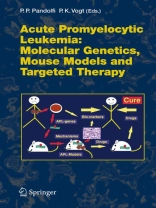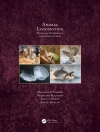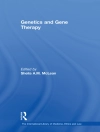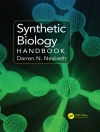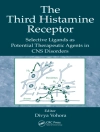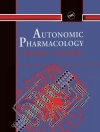Over the past 10 years, work on acute promyelocytic leukemia (APL) has become the paradigm of translational research that began with the discovery of a recurrent chromosomal translocation, followed by the identification of the genes and proteins involved, finding their molecular functions in transcriptional control, establishing mouse models and culminating in the development of targeted therapy.
Зміст
APL as a Paradigm in Biomedical Research: A Journey Toward the Cure.- Mouse Models of Acute Promyelocytic Leukemia.- The PLZF Gene of t(11;17)-Associated APL.- SUMO, the Three Rs and Cancer.- Emerging Role for Micro RNAs in Acute Promyelocytic Leukemia.- The Theory of APL Revisited.- Treatment of Acute Promyelocytic Leukemia by Retinoids.- Arsenic Trioxide and Acute Promyelocytic Leukemia: Clinical and Biological.- Front Line Clinical Trials and Minimal Residual Disease Monitoring in Acute Promyelocytic Leukemia.- Histone Deacetylase Inhibitors in APL and Beyond.- Monoclonal Antibody Therapy of APL.- Targeting APL Fusion Proteins by Peptide Interference.- The Design of Selective and Non-selective Combination Therapy for Acute Promyelocytic Leukemia.
